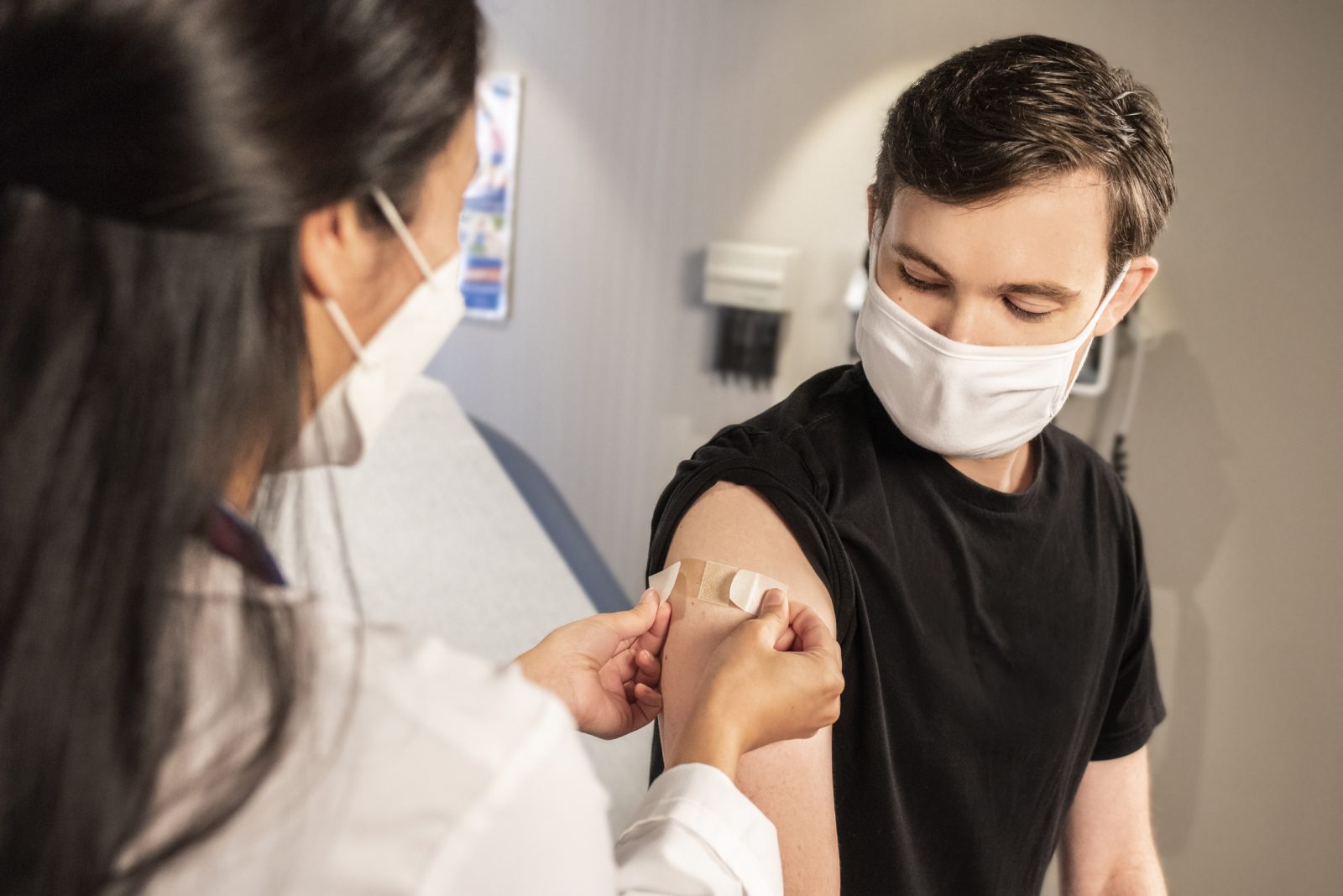Almost a quarter of Czechs will not be vaccinated against covid. In a poll conducted by the Centre for Public Opinion Research (CVVM) in early June, 23 % of citizens said this. The number of refusers is gradually declining, with 33 percent of people not wanting the vaccine in February and 26 percent in April.
On the other hand, 35 percent of people will be vaccinated. Seven percent are hesitant. The rest had already had at least the first dose of vaccination at the time of the survey. Two-thirds of citizens said antigen testing should continue to be covered for everyone every three days.
The most common reason people do not want to be vaccinated was a lack of trust in vaccination itself. Another reason is that they believe the vaccine has been developed too quickly and is therefore not sufficiently tested. They are also concerned about the side effects of vaccinations or long-term consequences. A tenth of people say they definitely will not be vaccinated, while 13 percent say they are more likely to be vaccinated.
In the over-60 age group, 14 percent refuse the vaccine, and two percent are undecided. In the 45 to 59 age group, 26 percent reject the vaccine, and six percent are undecided. Of those aged between 30 and 44, 25 percent do not want the vaccine, and eight percent are undecided. Also, among those in their twenties, a quarter of respondents do not want to be vaccinated, and a tenth are undecided. Among the youngest generation, three in ten are not interested in vaccination and about a quarter are unsure whether they will be vaccinated.
On the other hand, for those who want to be vaccinated or are already vaccinated, the most common reasons given for their decision were that they wanted to stay healthy, to protect themselves from the covid disease they were worried about, or to prevent a severe course of the disease. Nineteen percent of people want to be vaccinated, and 16 percent wish to be vaccinated. Among people who definitely want to be vaccinated or are already vaccinated, more respondents have a university degree.
In the first half of June, 69 percent of people agreed that antigen testing should continue to be covered for everyone every three days. Fifty-seven percent of citizens said only people who have been vaccinated or tested should be allowed to attend mass events. People tended to be more reluctant to completely free travel, with 29 percent of respondents in favour of free travel and 64 percent against.
The CVVM conducted the survey between 29 May and 13 June among 957 respondents aged 15 and older. On 19 July, the government decided that preventive tests for covid would not be covered by health insurance from 1 September. An exception will be made for children under 12 years of age, as vaccination is not yet available for them. The tests will also continue to be covered for people who can not get vaccinated for health reasons and for those who have already started but have not completed the vaccination.










Leave a Reply